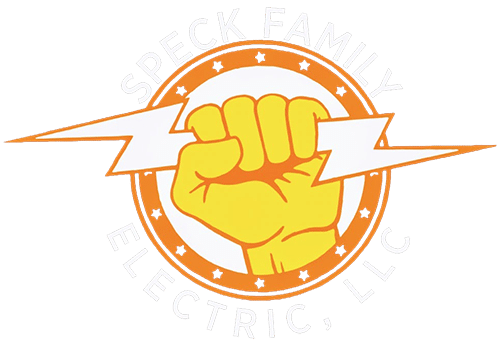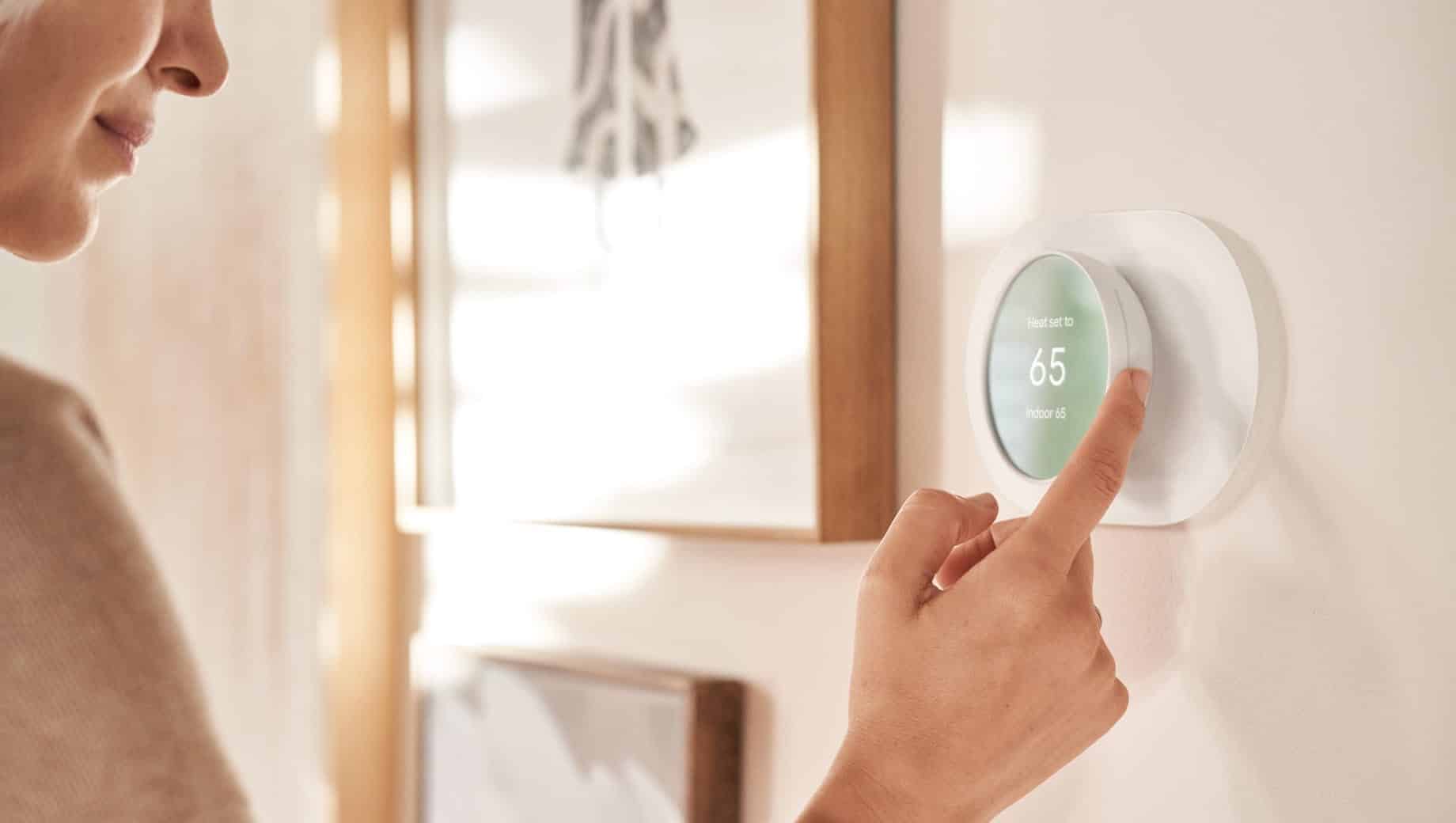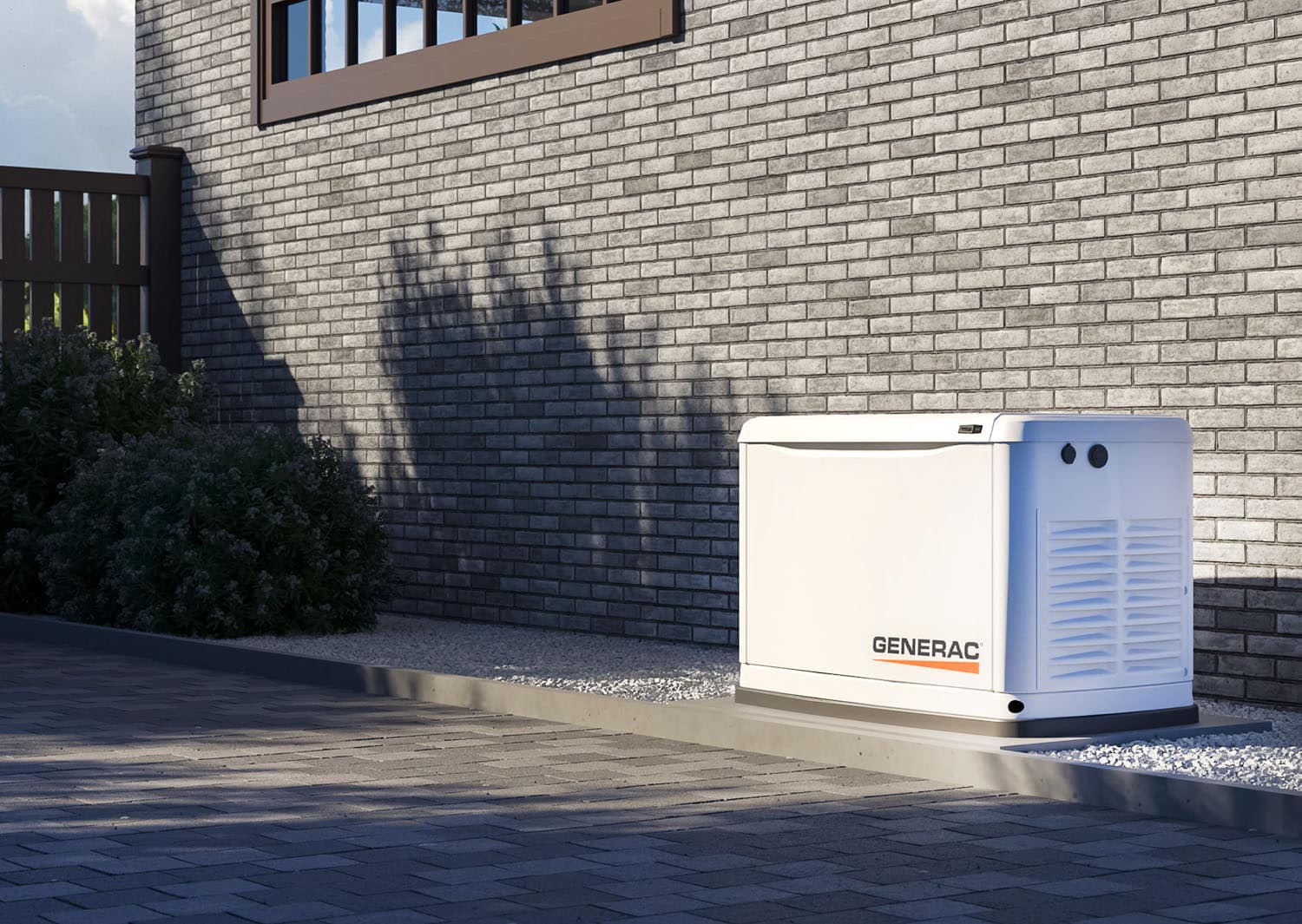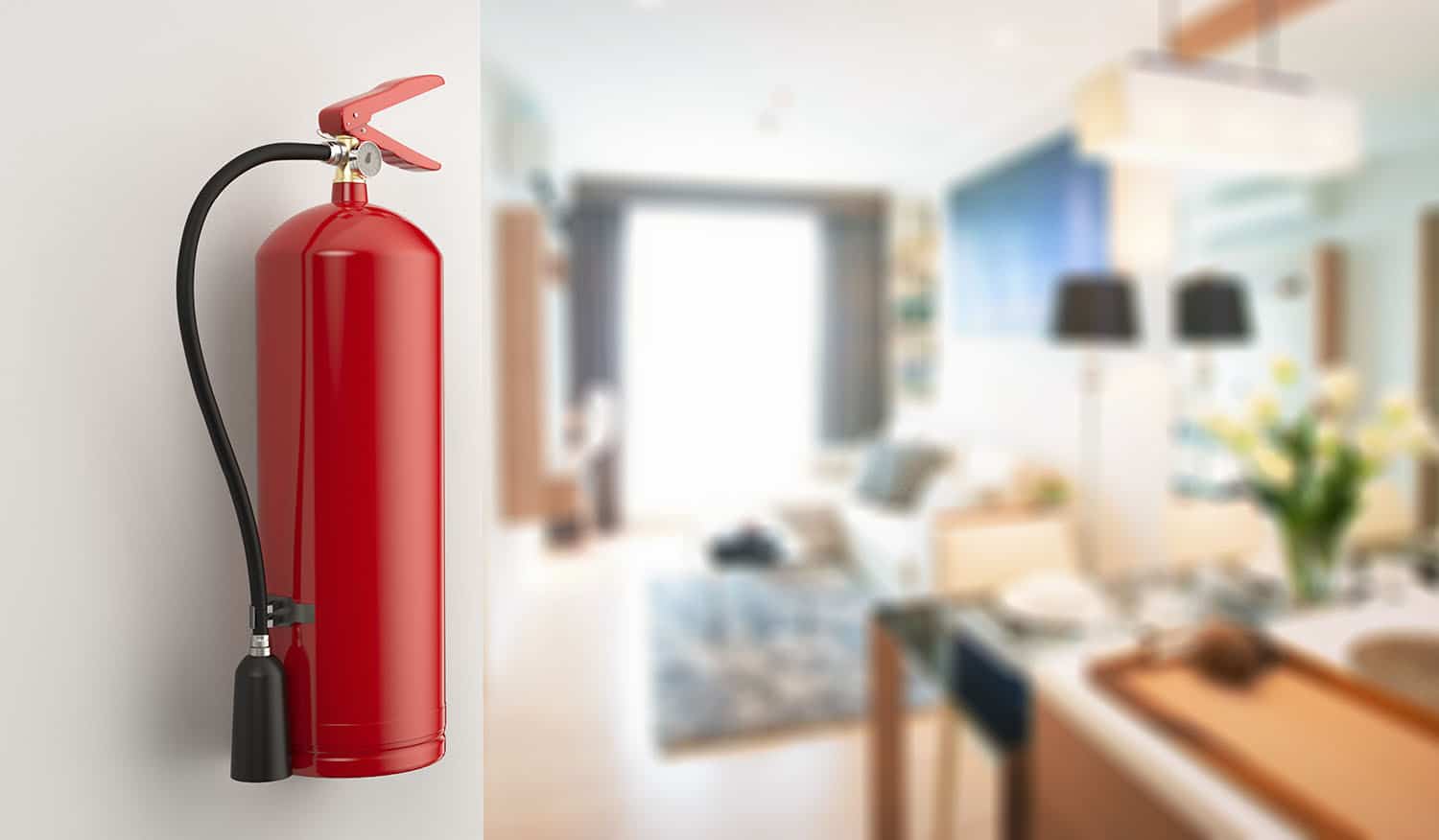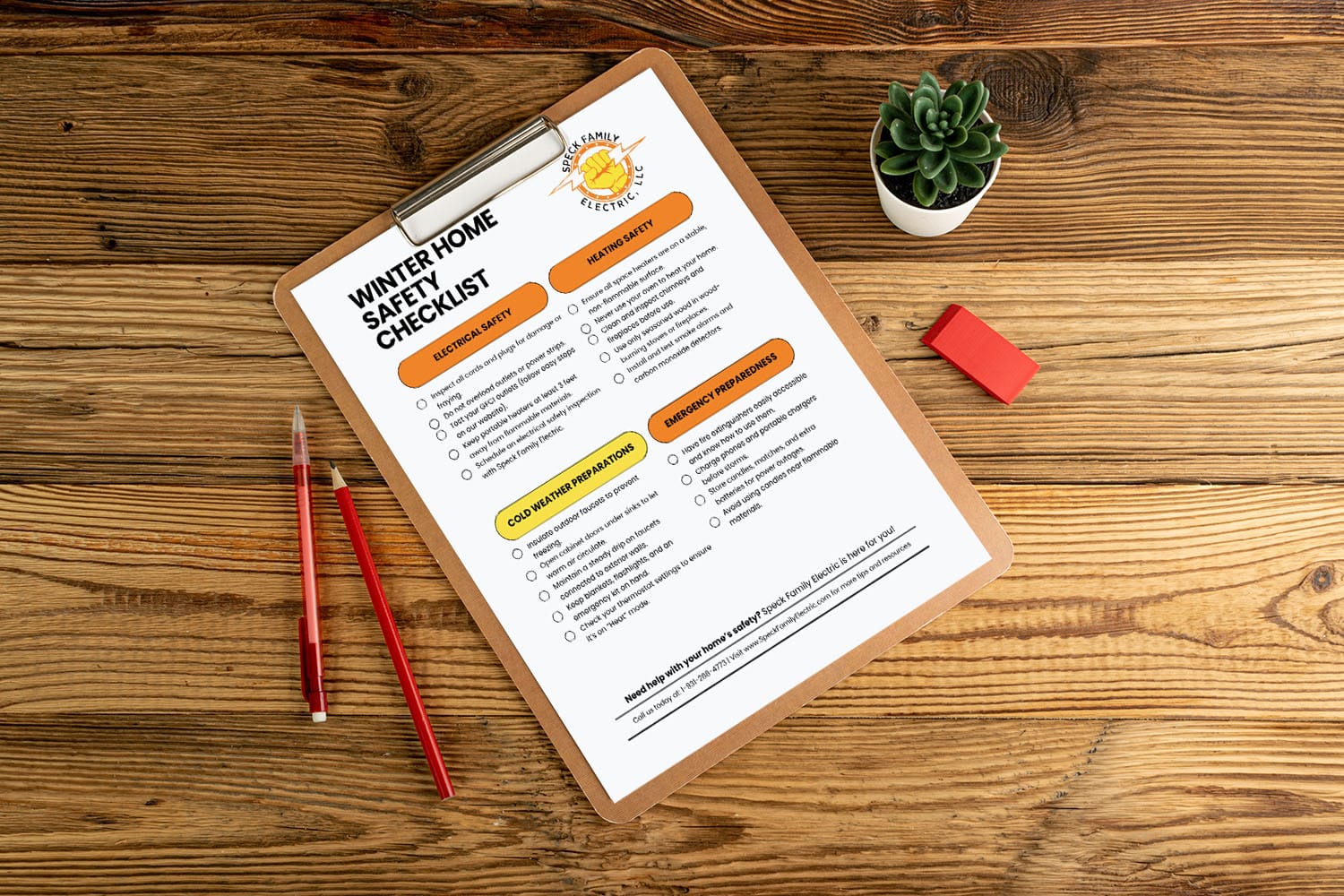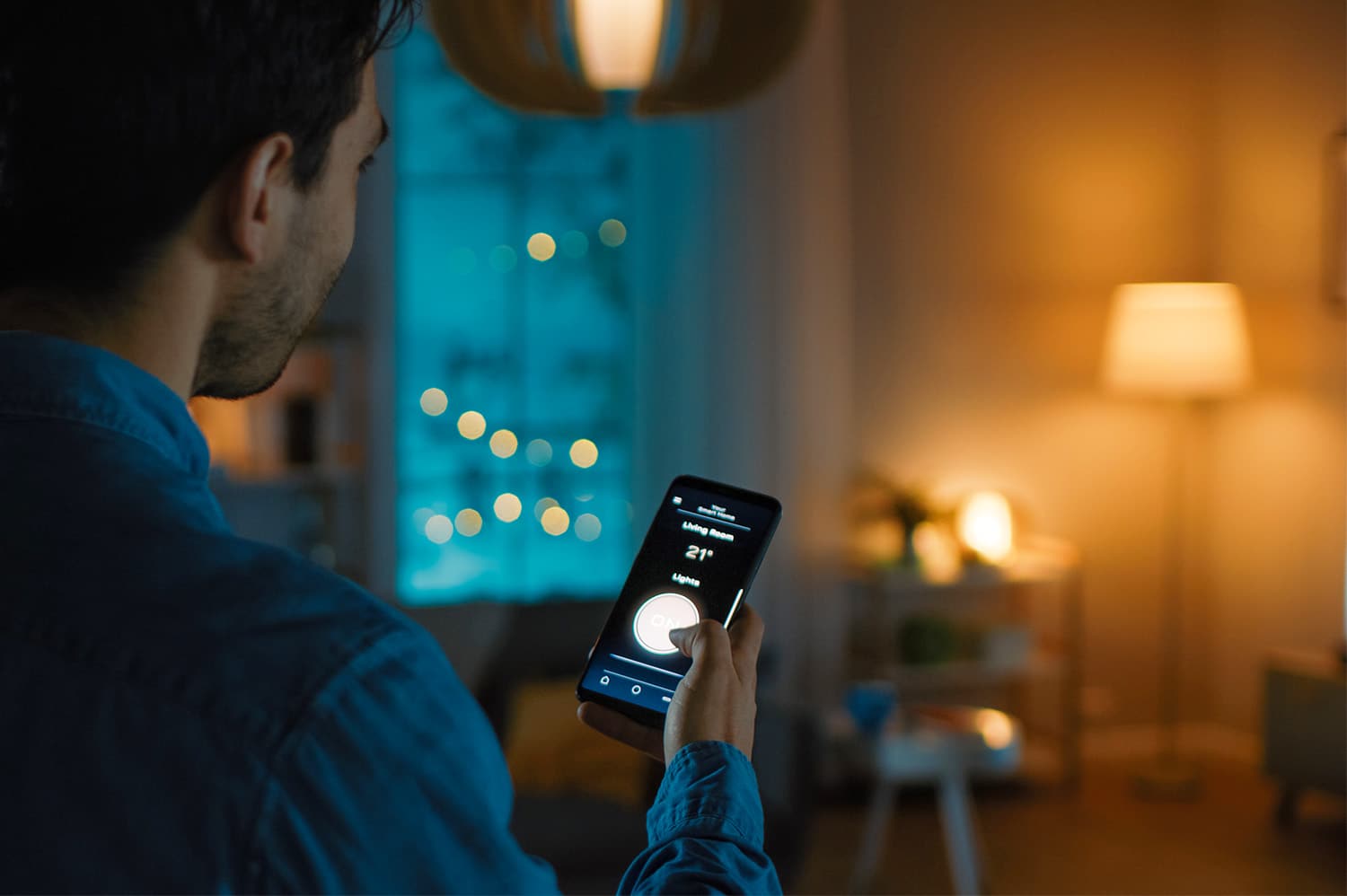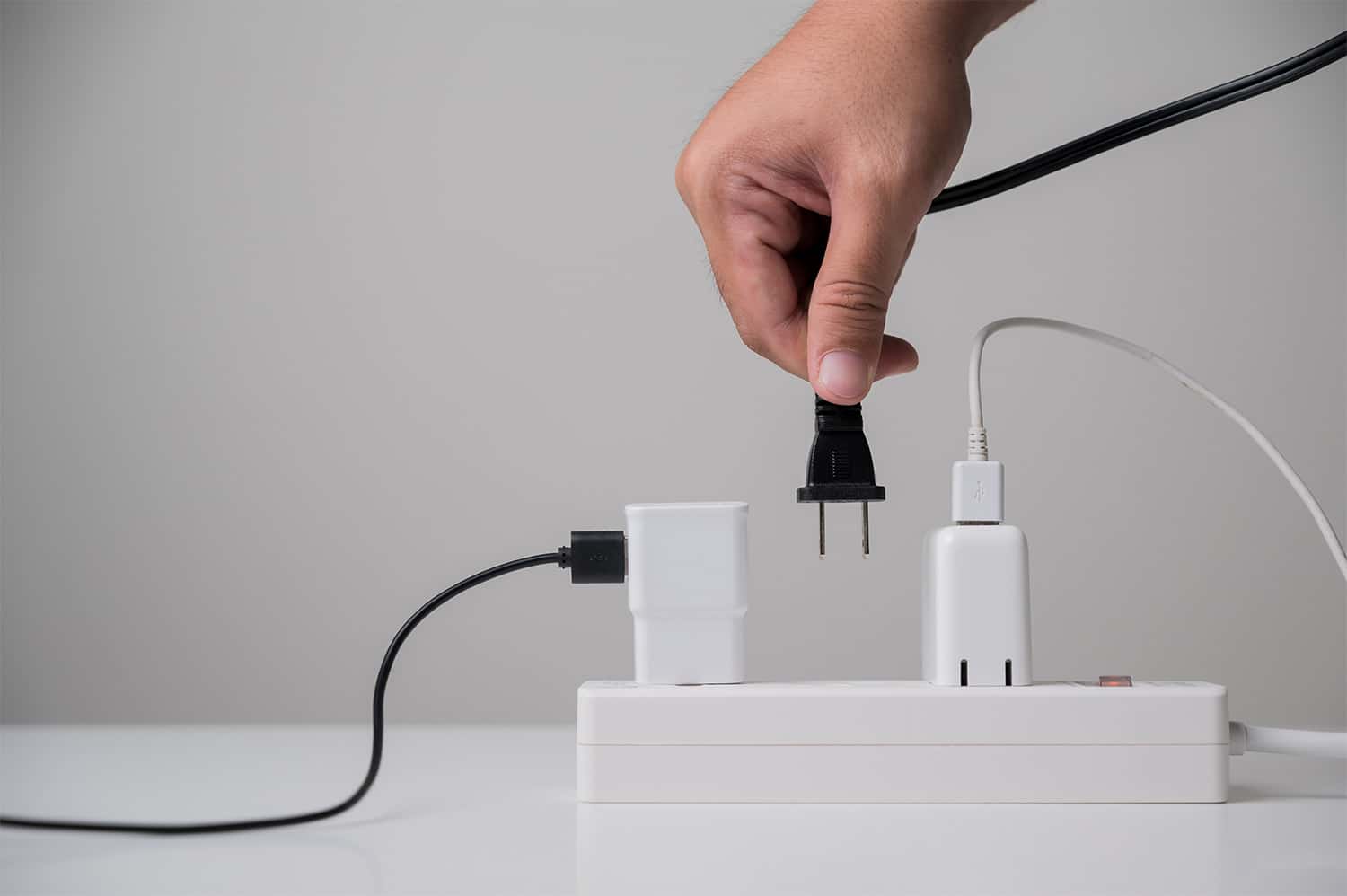
Top Tips for Preventing Electrical Overloads in Your Home
Covered In This Article:
As you introduce more devices into your home, it becomes even easier to overload a circuit. To prevent electrical overloads and keep your home running smoothly, here are our top tips.
What is an Electrical Overload?
Electricity is an important part of keeping our daily lives running smoothly. But our refrigerators, air conditioners, TVs, computers, hair dryers, lights, and other items can put a heavy demand on your home’s electrical system. When you plug in too many devices than your panel can safely handle, an electrical overload occurs. Most of the time, this means your breaker will trip, and power is shut off to your circuit.
While this can help protect your home, it’s important to do what you can to avoid overloading your home’s electrical circuits. That’s because too many electrical overloads can cause appliances to be irreparably damaged or worse, lead to a fire. So here are some tips to help you prevent electrical overloads from happening.
Inspect Your Wiring
This is an important step to help you prevent electrical overloads. Wires come with two parts: the outside plastic part, known as the insulator, and the inside part, the actual wire. When you inspect wires and cords, you will want to check for cracks or breaks in the insulator. If you find any damages, it could be an indication that your circuits are being overloaded, which causes overheating. This overheating can lead to insulator damage and exposed wiring, which can cause electrical fires. If you notice any damaged cords on devices, cease the use of the appliance or item immediately and try to replace it. Damaged wires will need to be rewired.
Use Power Strips Wisely
Many homeowners use power strips to help them power their home when it doesn’t have enough outlets. However, using them unwisely can cause overloading and electrical hazards. Remember, using one can add additional outlets, but it doesn’t change the amount of power being received from the outlet. If you want to use a power strip in your home, make sure you use them the proper way. This includes
- Only using a power strip as a temporary solution
- Use a strip that’s rated for the device you want to connect it to
- Never link power strip together
Power strips should be used as a short-term option, not a long-term fix. If you need more reliable places to plug in devices in your home, contact an electrician to help you.
Spread Out Electrical Appliances
To lessen stress on your electrical panel, try spreading out your electrical appliances throughout your home. Do not plug all your electronics into one circuit. For example, if your microwave, toaster, coffee maker, and blender are all sitting next to each other on your kitchen counter and using the same outlet, consider spreading them around. Spacing them out and plugging them into different outlets will help reduce the overwhelming electrical load. If you do need to keep your appliances together, unplug them when they aren’t in use.
Be Mindful of High-Wattage Appliances
High-wattage appliances, like space heaters and hair dryers, can consume a lot of electrical power and quickly overload a circuit. To avoid overloads, be mindful of the wattage of these devices and appliances, and avoid using them on the same circuit as other high-wattage appliances. If you must use high-wattage appliances at the same time, plug them into a dedicated circuit that can handle their electrical load.
Avoid Overworking Specific Circuits
Some circuits in your home are more prone to overloading than others. These spaces can include your kitchen or home office, as they often have more appliances and devices that require a lot of power. To avoid overworking these circuits, you can upgrade to energy-efficient devices that consume less power or upgrade your wiring or electrical panel to handle larger loads.
Upgrade Your Electrical System
If you’re being driven mad by constantly dealing with tripping breakers, that may be your home’s sign to upgrade the electrical system. A professional electrician can help you assess your electrical needs and recommend upgrades, like upgrading or replacing your electrical panel. Not only will upgrading your electrical panel prevent electrical overloads, but it will also improve the safety and reliability of your home’s electrical system. That’s definitely a win-win!
Speck Family Electric is Here to Help
Utilizing these tips can help you avoid electrical overloads and keep your electrical system in check. If you need to add more outlets to your home or are experiencing constant overloads and need to update your electrical panel, our team is here to help. We promise to complete the job with your safety and the safety of your home in mind. After all, our experienced team takes pride in performing electrical services you can trust.
Share this article
Follow us
Latest articles
February 10, 2025
March 4, 2024
